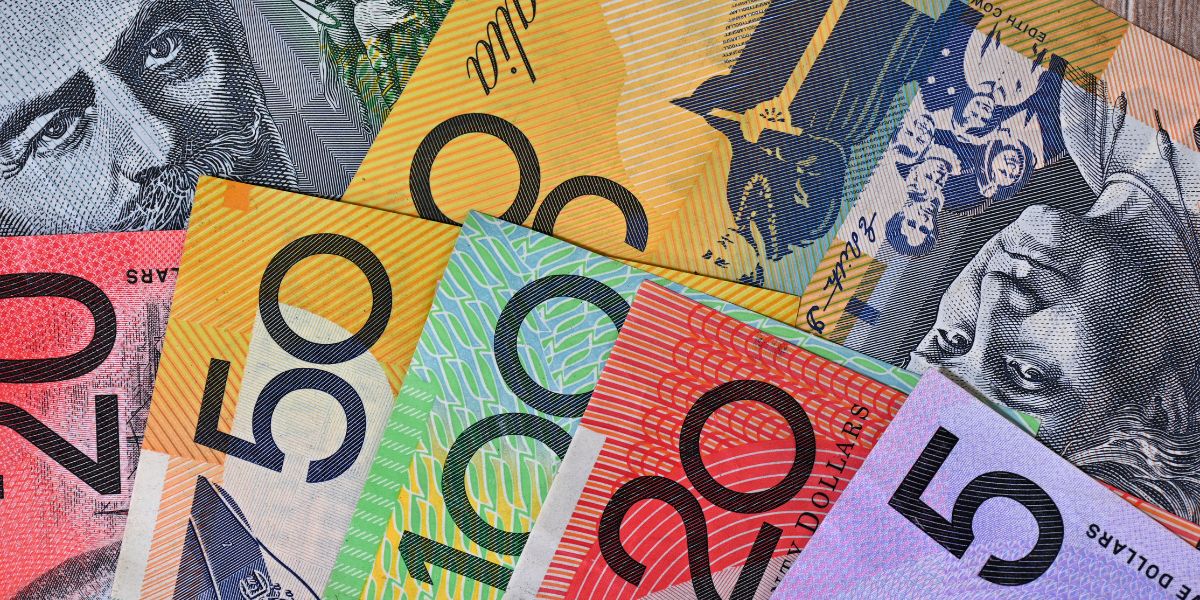Armidale tax and accounting expert Angus Gasbarri says it can be easy to save money at the end of the financial year by timing major purchases around sales events and doing your homework.
“Planning major purchases, whether personal or for your business, and knowing what you’re willing to spend rather than making snap decisions is important,” Earnt Accounting & Bookkeeping Director Mr Gasbarri said.
“Planning ahead is all about getting maximum bang for your budget, and EOFY sales are a good time to do that, if you are strategic about it.”
“Many taxpayers find life is expensive right now and shopping around really pays off.”
“Don’t assume that just because a big retailer is shouting the loudest, they’ve got the best price. Hefty marketing budgets can make you think you are getting a great deal, but some of the best deals can be found at smaller or independent stores that don’t make as much noise.”

Mr Gasbarri says major retailers know we tend to stick with them, whether it’s for loyalty points or just convenience.
“But loyalty does not always equal savings,” he says.
“EOFY is the perfect chance to rethink where and how you shop. By exploring smaller and independent retailers, you can discover sharper prices that boost savings.”
“The more open you shop around, the more opportunities there are to stretch your budget, and it’s never been easier now that almost every retailer is online.”
Advice from tax experts is that if you don’t need it, don’t buy it. There is no tax deduction for irrelevant, impulse purchases.
Mr Gasbarri says if a business needs to invest in assets or equipment, it can be beneficial to make those purchases before June 30 and claim the expenses in that financial year.
He says for small businesses, the key question is always: does this purchase make business sense?
“I advise clients to set tax savings aside and instead ask:
- Does the business really need this? Does it help achieve our goals?
- How will it improve turnover, efficiency, or profitability?
- If you’re borrowing to finance it, what will the costs be?
- Any tax benefit from the purchase should be seen as a bonus—not the main reason to buy.
“Other costs, like job materials, subcontractor fees, and superannuation, need to be paid regardless. If your cash flow allows, it can often be beneficial to make these payments before the end of the financial year to potentially bring forward deductions.”
He says some EOFY marketing campaigns suggest that if an individual or small business spends $100, they’ll get $100 back. But this isn’t how tax refunds work.
“If you pay $100 for a legitimately deductible item before June 30, the ATO won’t give you that money back. That $100 would come off your total taxable income and potentially reduce the amount of tax you pay.
“As a rule of thumb, you’ll spend $100 and get back $30 at tax time. If you need work-critical items, it’s best for your employer to provide them directly—especially for things like tools, tech, or uniforms. But that’s not always possible, particularly when there’s personal use involved. In those cases, you may still be able to claim a deduction for the work-use portion.”
“For employees generally, capital items – such as tools and equipment costing $300 or less can be claimed in full as an immediate deduction. Items over the $300 threshold must be depreciated (claimed) over the lifespan of the item. The ATO usually determines the lifespan (computers, for example, last up to four years).”
Mr Gasbarri says a few years ago, small business owners could instantly write off most business assets—almost without limit. But those rules have changed. For the current financial year, the instant asset write-off cap is $20,000.
“That means if you buy something more expensive—like a $50,000 work vehicle—you won’t be able to claim the full amount straight away. Instead, it’s written off over several years.”
The Australian Taxation Office also warns about taxpayers over claiming. If you are audited and found not to have sufficient evidence for your claims, you will be asked to pay the money back with interest.
Mr Gasbarri also urged small business operators with larger clients to be wary of receiving pre-payments.
“Some clients may ask you to bill them for work yet to be done. While an EOFY cash injection is usually welcome, always check with your bookkeeper or accountant before agreeing to anything.”
“While early payment can certainly help with cash flow, it doesn’t always mean you’ll pay more tax. If the job hasn’t started, that money might be classed as unearned income and not immediately taxable. Likewise, if the work is only partly done, your accountant might adjust for that. Before agreeing to early invoicing, it’s worth checking how it affects your tax position.”
“There’s nothing wrong with planning for EOFY. In fact, we encourage small businesses and individuals alike, to be proactive about getting ready for tax time.”
Something going on in your part of the New England people should know about? Let us know by emailing newsdesk@netimes.com.au

